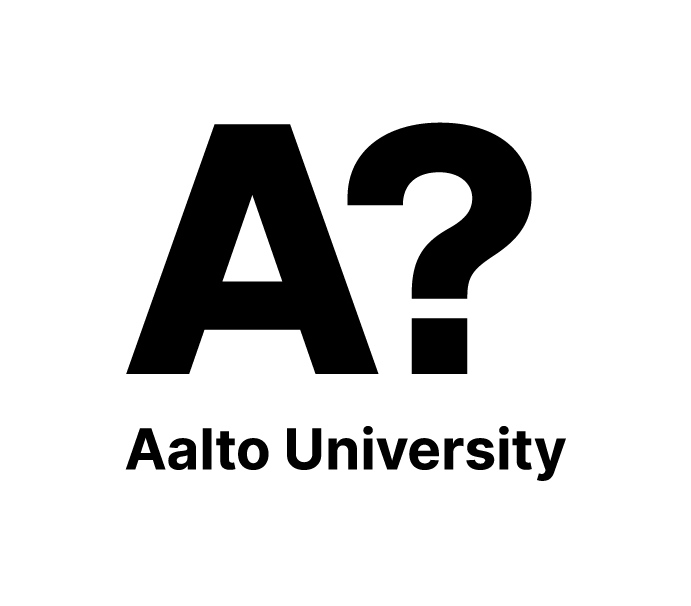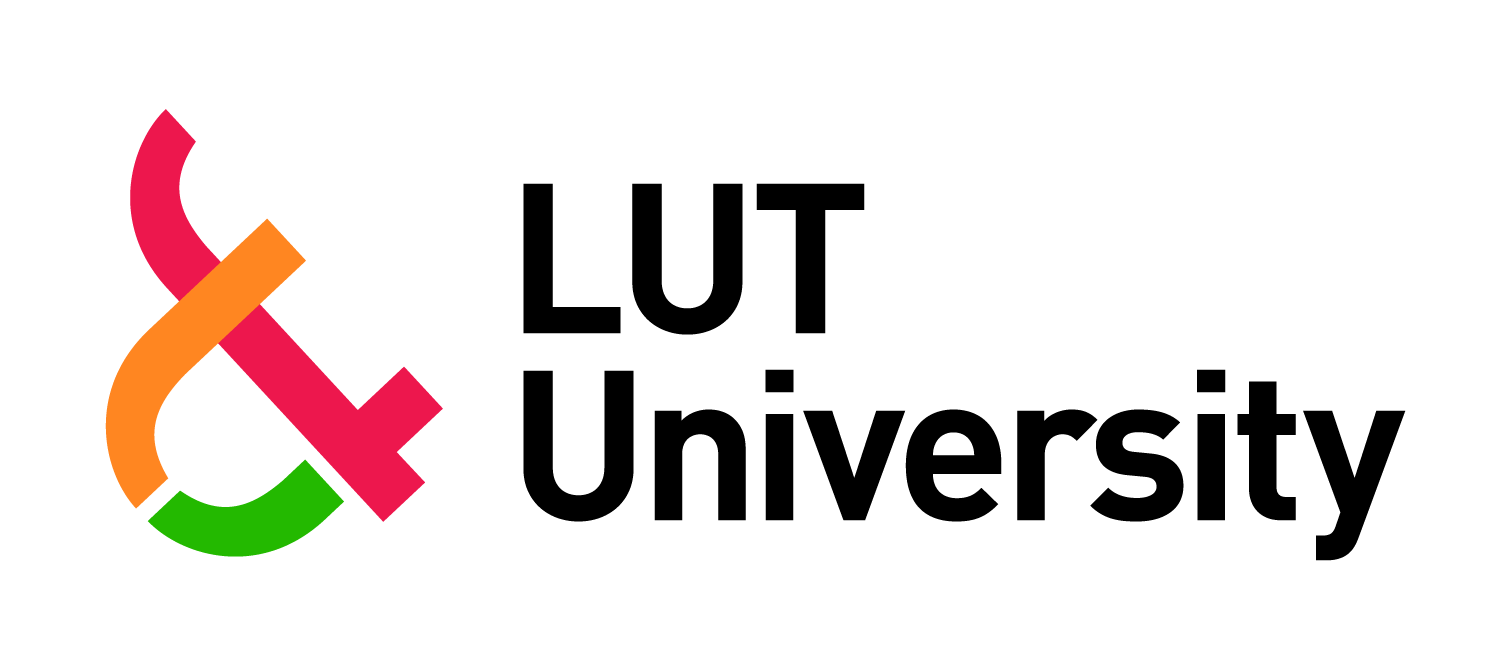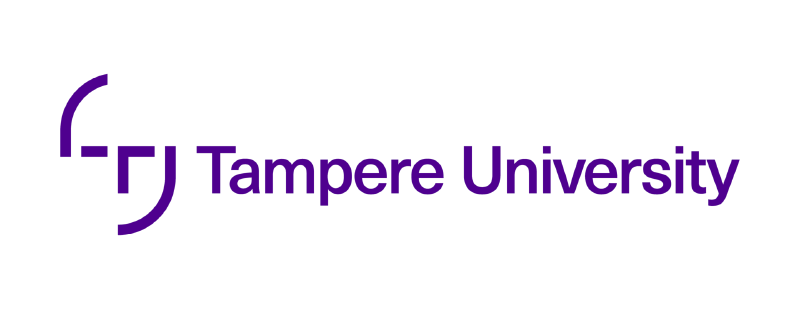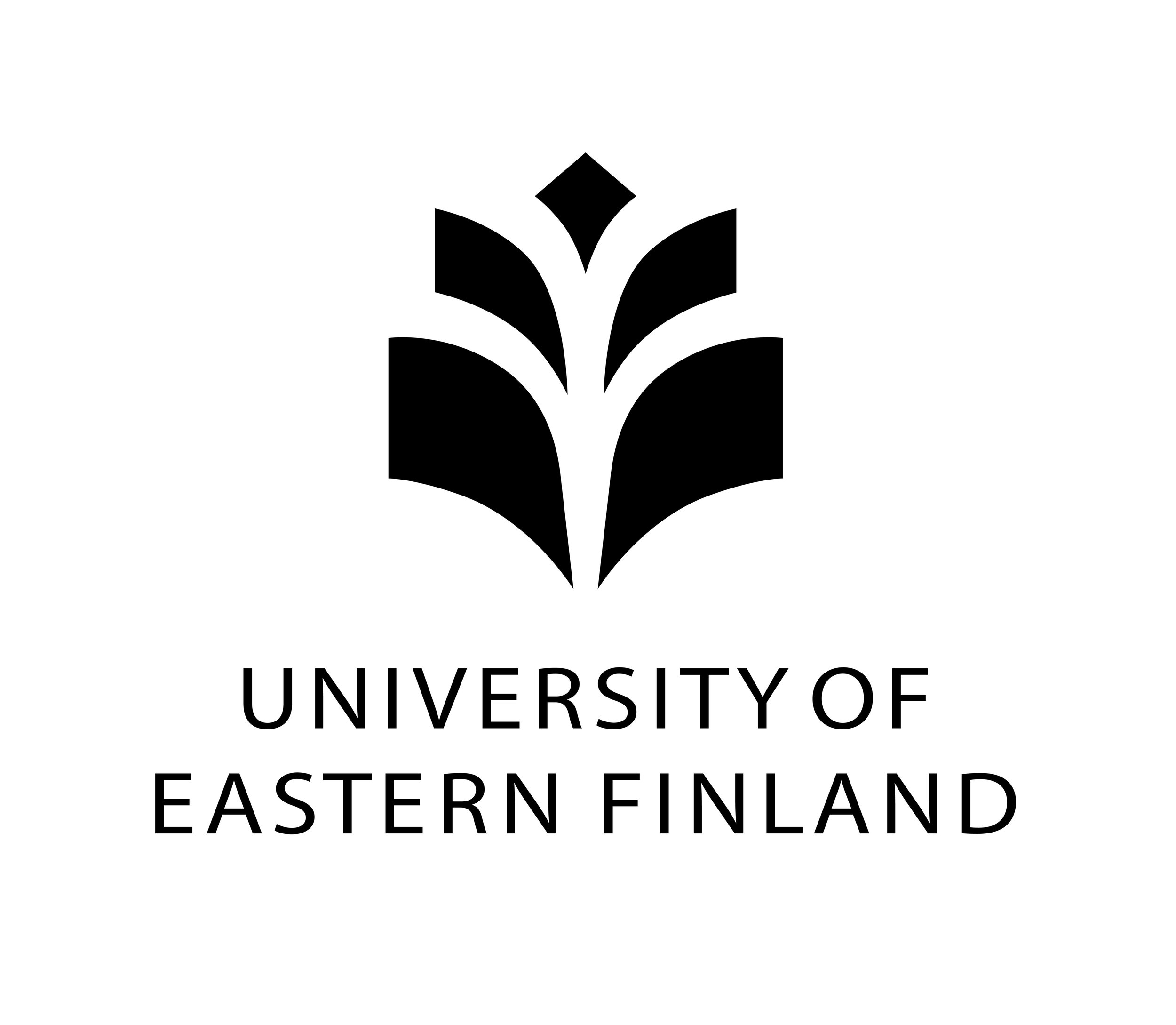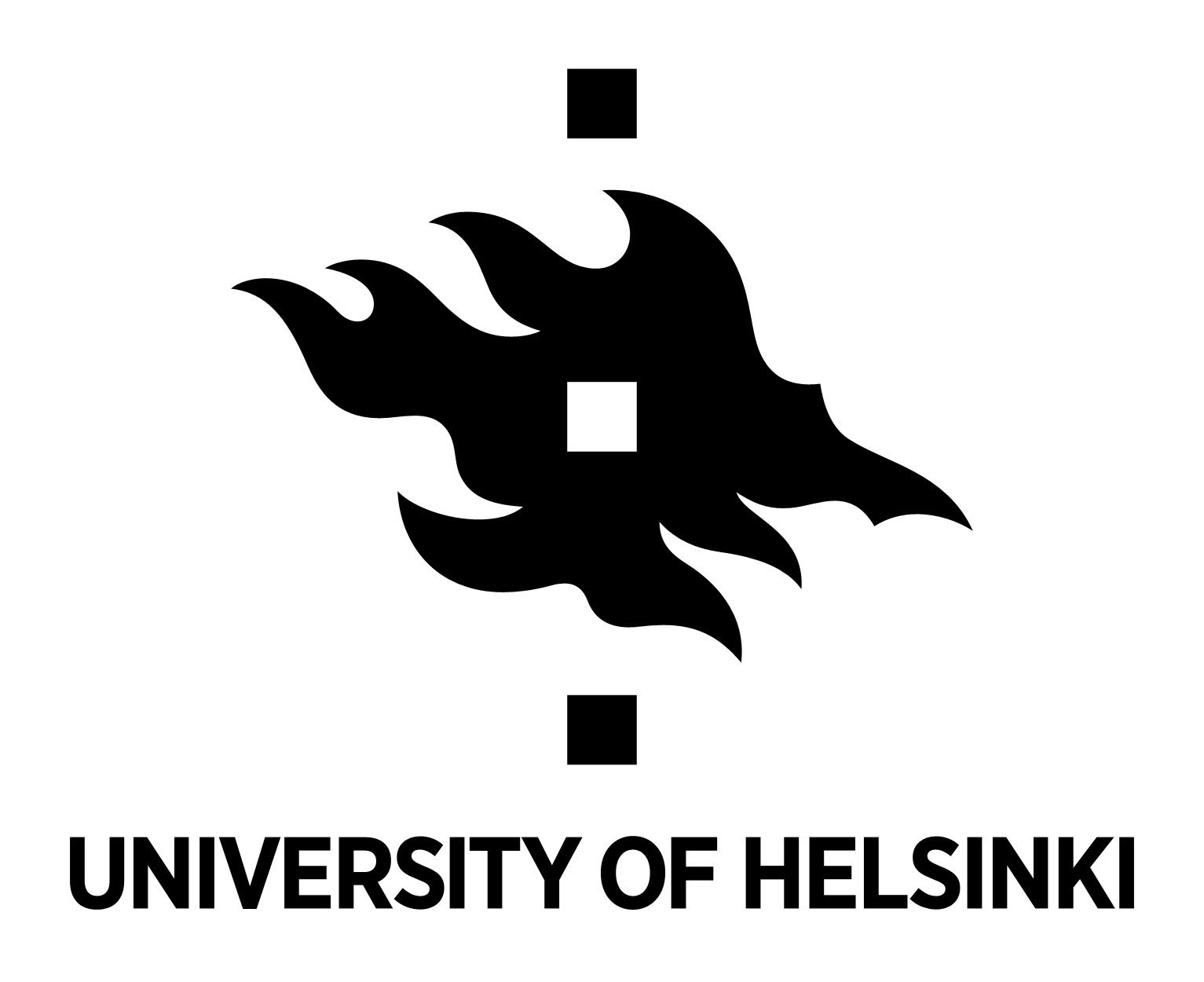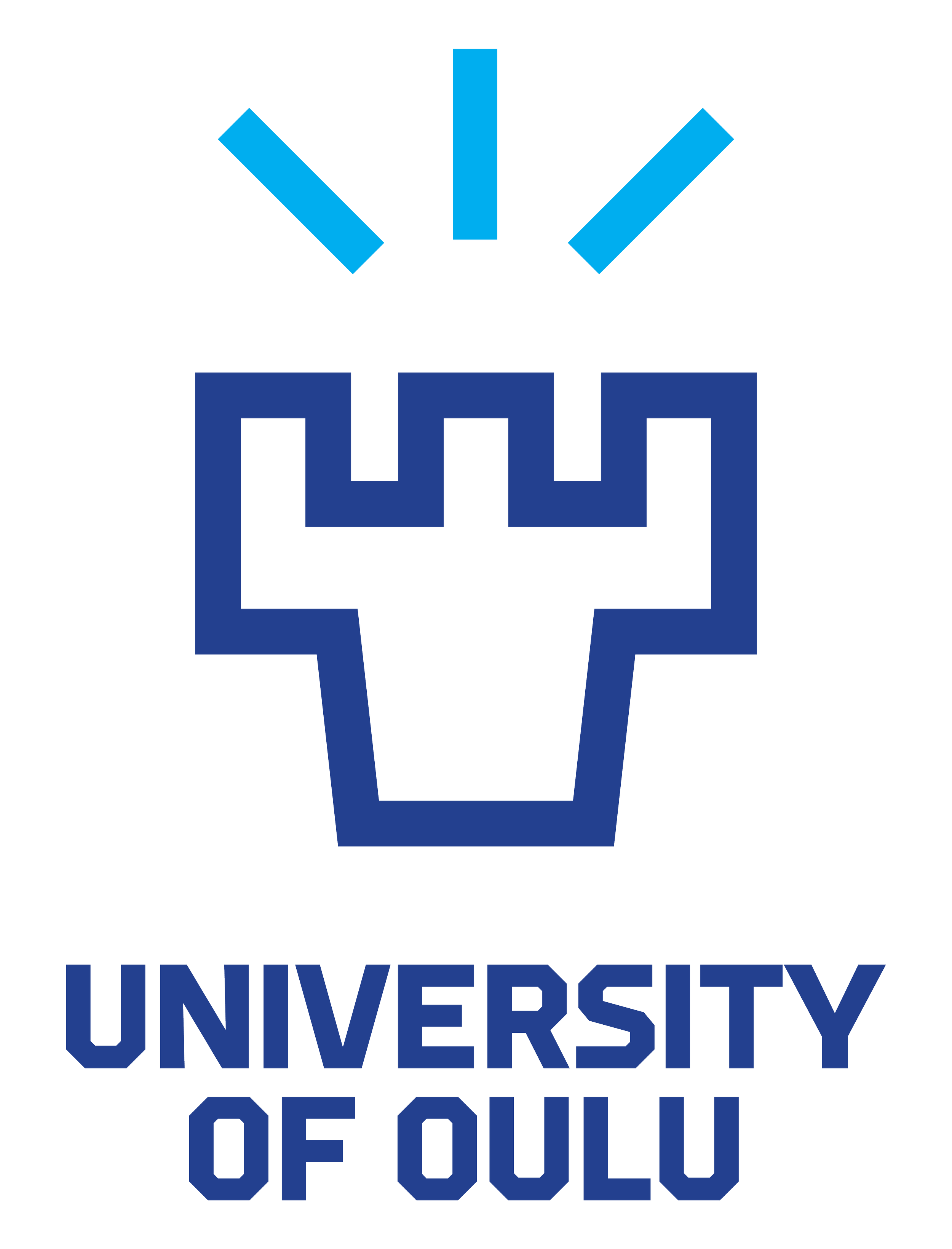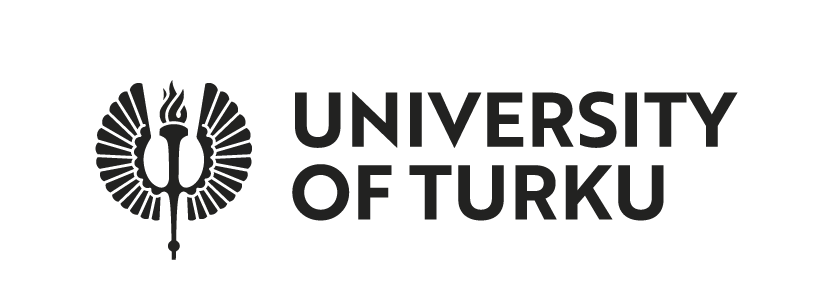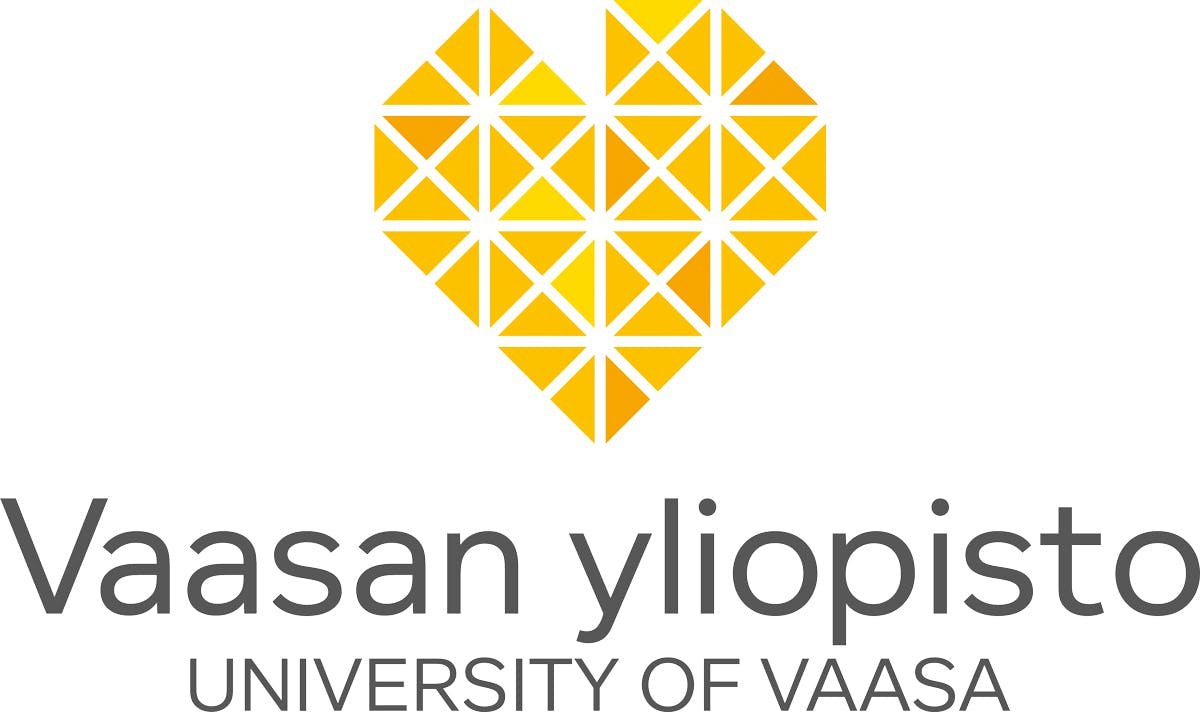Doctoral education pilot
The Finnish Doctoral Program Network in Artificial Intelligence (AI-DOC) launched in 2024 to build a world-class PhD program with quality supervision, mobility, and multi-disciplinarity as integral parts. The program is a joint effort to educate 100 new PhDs in artificial intelligence research. Finland’s Ministry of Education and Culture has granted 25.5 million EUR to support the program.
The AI-DOC program is hosted by the Finnish Center for Artificial Intelligence FCAI, an international research hub and one of the Research Council of Finland’s Flagships, hubs of top-level research and impact. Ten universities take part in the AI-DOC program (in alphabetical order): Aalto University, LUT University, Tampere University, University of Eastern Finland, University of Helsinki, University of Jyväskylä, University of Oulu, University of Turku, University of Vaasa, Åbo Akademi University. Other committed collaborators include VTT Technical Research Centre of Finland, Finnish Geospatial Research Institute (FGI) and CSC – IT Center for Science.
Goal of the AI-DOC pilot
The AI-DOC program is an essential building block for our broader initiative to strengthen Finland’s position as an internationally attractive AI hub. With this program, we aim to:
Educate 100 new high-quality talents to advance a wide range of fields with AI expertise and address the significant need for AI skills in Finnish society and industry.
Develop doctoral education by:
Testing new practices that leverage synergies within the broad consortium.
Consolidating current effective practices that have only been used on a small scale.
Boost collaboration with other research organizations and Finnish industry through close links during the program and for the subsequent career steps of the new PhDs.
Research areas
The AI-DOC program rests on two interlinked pillars: 1) strong fundamental research in AI, which is essential for applying AI responsibly and competitively, and 2) a set of five application areas of high scientific quality and broad impact in industry and society.
Fundamental AI
Lead: Asst. prof. Arno Solin (Aalto University), Prof. Laura Ruotsalainen (University of Helsinki)
Fundamental AI methods are the core of the FCAI research activities and the cornerstone in all application areas. Fundamental AI encompasses probabilistic AI for verifiable and uncertainty-aware model building, simulation-based inference for efficient and interpretable reasoning capabilities, data-efficient deep learning, privacy-preserving and secure AI, interactive AI for collaborative AI tools, autonomous AI, statistics, and decision-making. Widely applicable goals of the fundamental AI are AI-assisted decision-making, design and modeling.
AI in Communications and Signal Processing
Lead: Academy prof. Guoying Zhao (University of Oulu)
The area covers a wide range of advanced methods in communications and distributed intelligence technologies, statistical methods in signal processing, and analysis of images, video, speech, audio and array signals.
The methodologies can be applied in various layers of communications systems from applications to the radio connectivity with distributed intelligence that is an integral part of next generation communication and computing systems targeting to solve issues related to ultra densification of infrastructure, devices and people, and to guarantee secure, low latency and reliable use of ICT resources using advanced AI methods.
This research area also includes acquiring, processing, analyzing and understanding digital images, video sequences, views from multiple cameras, multi-dimensional data from a 3D scanner, 3D point clouds from LiDaR sensors, or medical scanning devices, and extraction of high-dimensional data from the real world in order to produce numerical or symbolic information, e.g. in the forms of decisions, using models constructed with the aid of geometry, physics, statistics, and learning theory.
AI in Health
Lead: Prof. Mark van Gils (Tampere University)
The health and wellbeing field holds high potential to profit from advances in AI. Applications range from personalized care and precision medicine to preventive care and to process optimization. Increasing availability of large amounts of multi-source data combined with novel AI paradigms give huge opportunities. Challenges are how to extract valid actionable knowledge from all that data, how to develop AI-based solutions that are trustworthy, fit into healthcare processes, and that have an actual impact.
AI in Engineering
Lead: Prof. Paavo Ritala (LUT University)
Industries are currently employing AI methods in numerous research and development tasks. Examples include product design, predictive maintenance, and combining physical models with data-based methods. There is a great potential also in replacing laboratory development and experiments with virtual laboratory-type approaches. Research topics include:
AI methods in industrial research and development, including:
AI for product design and optimization, combining physic-based and data-driven models.
AI for improving industrial operations: cyber security, anomaly detection in industrial time series and predictive maintenance.
Methods supporting AI in industrial deployments, including on-device learning and federated learning on edge devices.
Virtual laboratories for experimentation and cost-effective product design and validation.
AI methods for autonomous functions in land, sea, air and space vehicles and machines. These range from pilot assistance, collision avoidance and navigation systems to full-mission autopilots.
AI in Language and Speech Technology
Lead: Prof. Filip Ginter (University of Turku)
The area covers all aspects of natural language processing (NLP), a field of research dealing with computational analysis and generation of human language. NLP is a broad field which spans from highly technical research on machine learning techniques for written and spoken language data, through the myriad of individual tasks such as machine translation and information retrieval, to digital linguistics. The field is reliant on very large datasets and high performance computing, offering exciting software engineering and algorithmic challenges. Finland has a long tradition of top-notch NLP research, especially in the multilingual setting and, recently, large language model development.
AI in Society and Business
Lead: Prof. Matti Tedre (University of Eastern Finland)
The area examines the societal, ethical, and economic dimensions of AI, including trustworthy and societally acceptable AI as well as the consequences of the uses of AI. It brings together AI research with social sciences and humanities to gain in-depth understanding of AI’s role in organizations, society, business, and the economy. It includes uses of AI in education and education about AI. The area fosters interdisciplinarity to reinforce cross-cutting themes such as sustainability, ethics, equity, trust, and social responsibility.
Industry collaboration
Companies and other interested stakeholders are integral parts of the AI-DOC program from its outset and are natural beneficiaries by providing future jobs for PhDs. We will build on ongoing collaborations, jointly design PhD topics, and supervise students. Industrial collaboration is possible in all the AI-DOC research areas, with some PhD projects including industrial partners at an early stage. However, it is also possible for industry and other stakeholders to join the projects later.
To boost further collaboration and involve new partners, we will arrange biannual seminars from 2025 to 2027. These seminars will keep everyone up to date on the research ongoing in the pilot and offer opportunities for matchmaking, internships, and collaboration. All students will be offered entrepreneurship training and a connection to the local startup ecosystem. Closer to the graduation of the students, we will host a company fair.
In addition to being actual participants in projects, industry partners can also serve as mentors, as we invest particularly in the diverse guidance of our students. Partners are also welcome to participate in our events where different projects and program content are presented. More detailed information about these events will be available on the event page.
For more information on the various project topics, please visit here.



